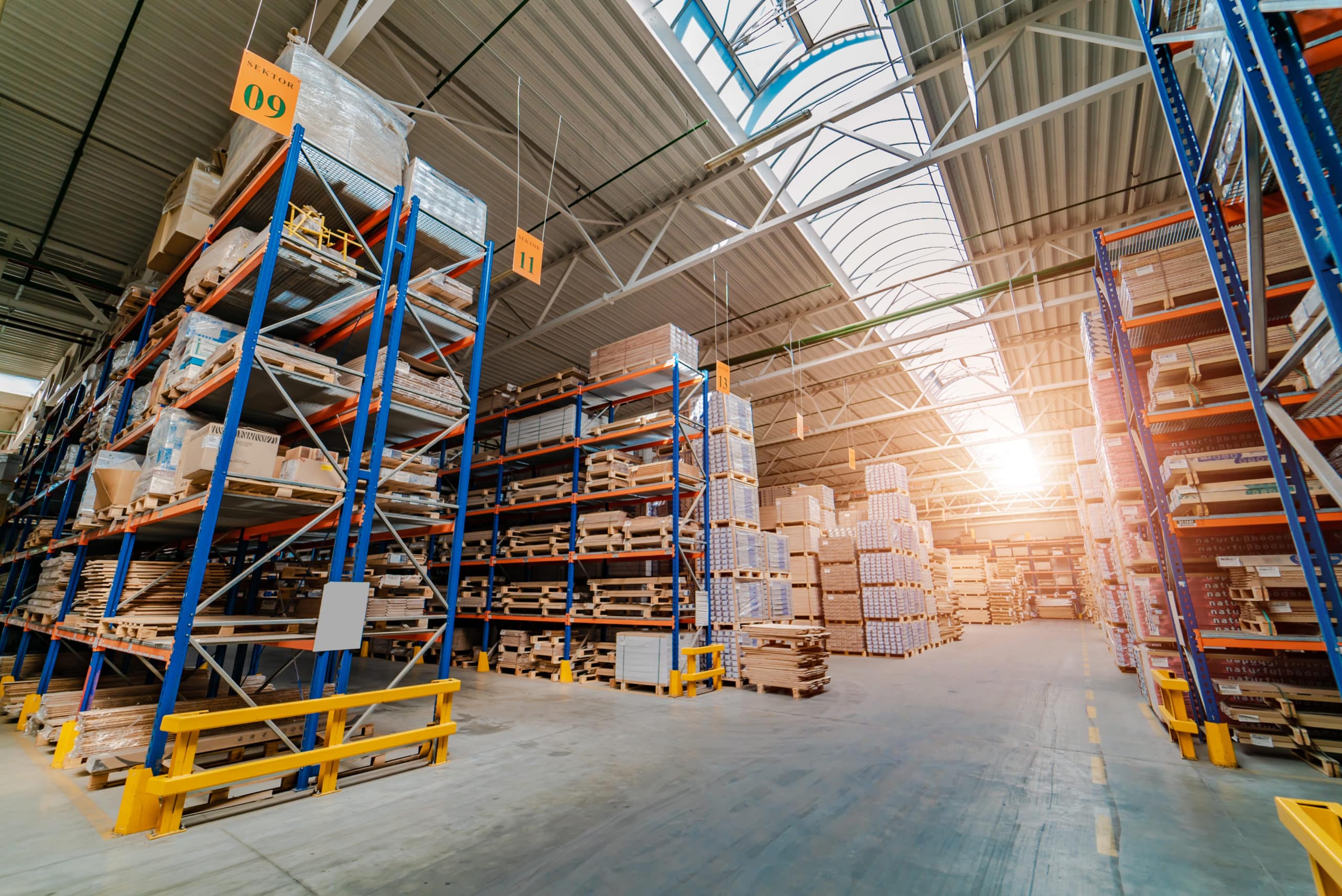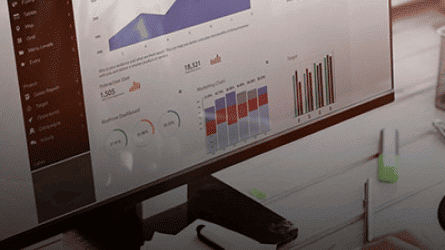Agility offices across the globe have joined the Waste-Free Agility campaign to eliminate the use of single-use plastic water bottles and paper coffee cups. The Waste-Free Agility campaign calls on our facilities to meaningfully reduce or eliminate an important waste stream through changes in behaviour.
For example, at Agility’s offices in Mumbai, guests were given small plastic water bottles. Much of the water ended up going to waste, so our team there started to use glasses and a carafe, which reduced waste of water, and entirely eliminated the single-use plastic bottles. Unused drinking water is recycled for cleaning purposes as well. While it did require a change in behaviour, managers across India were enthusiastic to jump on board, and the elimination of single-use plastic bottles has become a country-wide trend for Agility.
Other Agility offices in Brazil, Italy, Singapore, the US and Australia also are leading the way in the elimination or significant reduction of the use of plastic water bottles, paper coffee cups, or other single-use materials. We’re aiming for 100% office participation!
Agility and the United Nations High Commissioner for Refugees (UNHCR) announced a partnership that will strengthen the delivery of essential services to refugees in Malaysia, establishing pilot programs in Johor and Penang to bring critically needed services to more than 12,000 refugees. The services include refugee card renewal, access to essential information related to protection, and to receive counseling on available services. The pilot program will help extend support to more than 12,000 refugees, most of them Rohingyas from Myanmar. With local engagement and support, Agility and UNHCR will eliminate the need for vulnerable refugees to travel 300+ kilometers from their homes to Kuala Lumpur to have access to vital services, including refugee card renewal.
Responding to the Taal Volcano eruption in January 2020, Agility worked closely with the Philippines Red Cross to provide relief goods to nearly 24,000 evacuees in the City of Batangas. Two 6-wheeler trucks were deployed for two weeks, distributing relief items to numerous evacuation centers across Batangas City.
Recognizing that plastic waste is one of the factors harming the environment, Agility Brazil took action, eliminating the use of more than 12,000 plastic cups a month in all 13 branches. Employees were given ceramic Agility mugs; stepping up to support eliminating waste in our operations and honoring our Waste-Free Agility Campaign.
Our increasingly warmer world has an impact on the safety and comfort of our employees, as well as our energy costs. Agility Hong Kong invested in four industrial High Volume, Low Speed (HVLS) fans that cool down the high temperature of the warehouses on hot summer days, keeping employees comfortable.
Six HVLS fans can do the work of 300 small space fans, using less than one tenth of the energy. Unlike a small, high-velocity fan that creates small, turbulent air streams that quickly disperses, the HVLS fans, with diameters of up to 7.3 meters, rely on size, not speed, to move a significant amount of air. Streamlined aerodynamic, air-foil blades move a large mass of air, producing silent, non-disruptive, even distribution of breezes over large spaces, fulfilling to the double functions of ventilation and cooling. In warehouse spaces, it’s a challenge for ventilation to reach the floor and corners of buildings where people and equipment are located. HVLS fan can solve this problem by sending a well-aligned wind in full space.
Based on positive feedback, Hong Kong plans to invest in fans for all of its warehouses in coming years.
In November 2019, Agility Singapore made the move to 100% renewable electricity by installing solar panels on the rooftops of all of our facilities. The total array will have more than 6 thousand panels and has a capacity of over 2 mega-watt peak. 100% renewable energy generated from the panels will cover all of Agility’s energy needs additional power will go back into Singapore’s energy grid. The solar PV installation is the largest for Agility Asia-Pacific so far.
This June, Agility Spain has committed to source 100% renewable energy for all facilities (offices and warehouses). The renewable sourcing guarantee comes in the form of renewable energy credits (RECs) from Nexus Energía, a renewable energy provider active in Spain, Portugal and Germany.
RECs come in units of kilowatt hours and offset electricity generated from non-renewable sources. They are different from carbon offsets, which are measured in tons of CO2 and offset emissions from any source. RECs are a finite asset, limited to the country’s total production of electricity from renewable sources in that year. Spain’s Guarantee of Origin system for RECs helps to ensure that corporate sustainability efforts contribute directly to driving the development of renewable energy generation in the Iberian Peninsula.
Transitioning to renewable energy, whether for electricity or fuel, is the most important action Agility operations can take to reduce our environmental impact. Where installing solar panels is not possible or economically viable, RECs offer a great alternative to reduce our carbon footprint and drive positive change in our communities.
The Middle East, where we have our largest operational footprint, is a climate hotspot. Cheap, abundant fossil fuels means electricity consumed there typically generates more carbon-equivalent emissions per kilowatt hour than in other regions. Summer temperatures are projected to rise twice as fast as the global average, with temperatures above 46°C more than five times as likely by 2050.
Fortunately, Agility Dubai makes progress each year in greening our operations to cool our people and our customers’ cargo. New lighting solutions at one facility will achieve energy savings of up to 77%, while upgrades to the lighting system at a second facility will reduce usage by over 50%. These improvements stand to reduce Agility’s carbon footprint in the United Arab Emirates by more than 7%, and help the business achieve a target of 25% reduction of our carbon footprint.
Investments to reduce water usage, and further efforts to reduce electricity usage are coming in Dubai and other operating regions in the near future.

